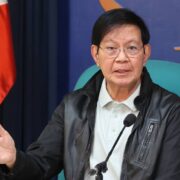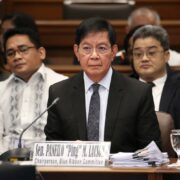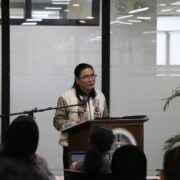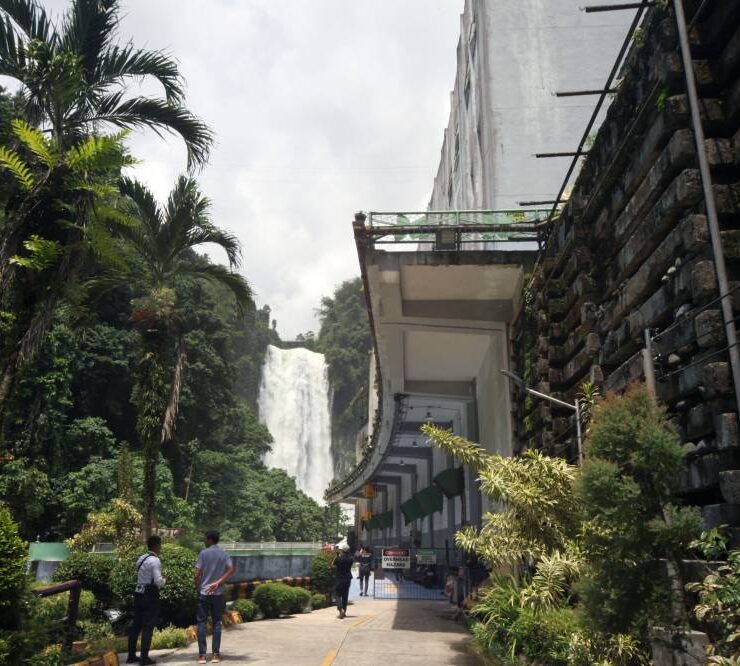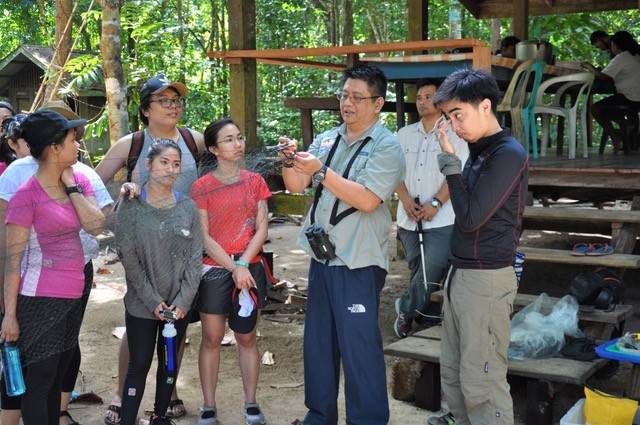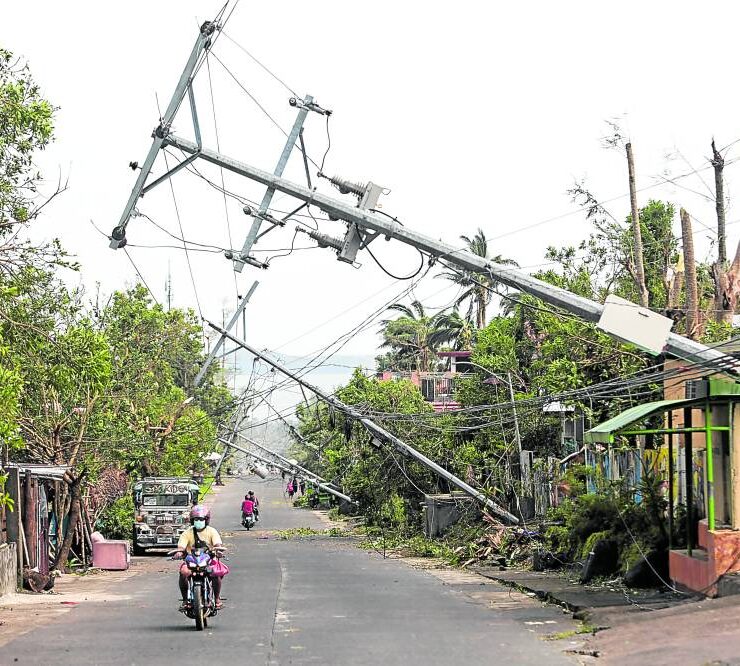How green are your Senate bets?

April 22 was Earth Day, and with this year’s celebration coinciding with the campaign period for the upcoming May 2025 elections, local green groups are working to enlighten the voting public on how pressing environmental issues figure in the plans and programs of the 66 senatorial candidates.
Groups such as EcoWaste Coalition, Greenpeace Philippines, Global Alliance for Incinerator Alternatives, and Break Free From Plastic have devised a questionnaire that was sent to the candidates earlier this month.
Candidates were asked questions regarding their stances on key issues, to help equip voters with “the knowledge they need to discern the platforms of those running for national public office.”
“It’s an opportunity to find out how the environment ranks in their order of priorities, whether they actually have a platform for the environment,” said Von Hernandez, global coordinator of the group Break Free From Plastic.
“It’s not actually an out-and-out endorsement,” he explained. “It’s more to inform the electorate that these are the candidates and these are their positions on your environmental issues.”
Called the 2025 Green Electoral Initiative, Hernandez said the groups aim to release the results of the survey before the end of April.
Some of the urgent environmental concerns the groups seek to highlight in the questionnaire are waste management, plastic pollution and waste trade, oceans and fisheries, chemical and consumer safety, and climate and energy.
The candidates were asked, for instance, about their plans on implementing zero-waste programs across the country, which would “translate to a healthy and green environment, massive savings for local governments, and thousands of green jobs.”
Incineration ban
Candidates were also questioned regarding their take on burning waste for energy, as well as the repeal of the incineration ban.
The groups said, “waste incineration proponents are attempting to bypass the ban under the Clean Air Act and the Ecological Solid Waste Management Act by rebranding incinerators as ‘waste-to-energy’ plants.”
Past and current Congresses have also seen proposals to repeal the incineration ban in order to facilitate more waste-to-energy facilities, the groups noted.
“Environmental groups oppose such actions, arguing that they are a regressive step that would weaken RA 9003 (Ecological Solid Waste Management Act) enforcement efforts,” they added.
Another concern: whether the candidates would support a ban on single-use plastics and push for legislation that would implement a system of “reuse and refill” to solve the problem of plastic pollution.
“Reuse systems have the potential to cut plastic pollution and the greenhouse gas emissions associated with plastic production, consumption and disposal, as well as promote sustainable consumption,” the groups said.
Candidates were also asked regarding their support for the climate accountability bill or House Bill No. 9609. The environmental groups stressed the significance of the bill as it would “establish the necessary institutional mechanisms for the protection of vulnerable communities” in the country and “provide for corporate and state accountability and reparations for violations.”
Fishing, reclamation
The groups also raised concerns involving the fisheries sector, asking the candidates their plans regarding reclamation activities and seabed dredging.
Fisherfolk and environment groups last year filed a petition at the Supreme Court seeking to nullify all the reclamation permits and environmental compliance certificates issued to companies involved in the reclamation projects at Manila Bay.
Another question raised was on access to municipal waters, after the high court in January affirmed a court decision allowing commercial fishers in the 15-kilometer municipal waters zone that was supposedly reserved for small-scale fishers.
The ruling was strenuously opposed by environmental and fisherfolk groups, who argued that allowing commercial fishers in municipal waters would threaten the livelihood of fishers and cause fish stocks to deplete even faster.
The groups also asked whether the candidates support the lowering of tobacco and vape tax rates, pointing out that some lawmakers are already pushing for a measure to lower the excise on tobacco products.
“If enacted, [such measure] would make cigarettes more accessible and affordable, especially among the youth, and could lead to smoking addiction and associated diseases like lung cancer,” the groups warned.
“As far as we know, many of our politicians, our legislators are promoting false solutions [to environmental problems],” noted Hernandez. “Mostly, these are proindustry, probusiness, propolluter type of policies, and that needs to be challenged.”
“So this is a way to challenge those running for public office. Declare your position, let us know what you stand for on these environmental issues,” he added.


